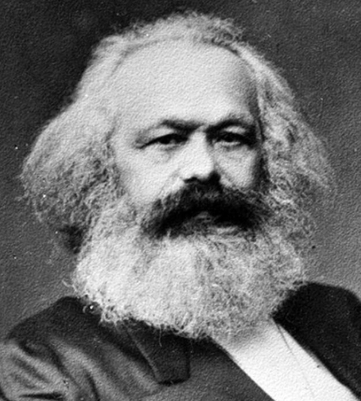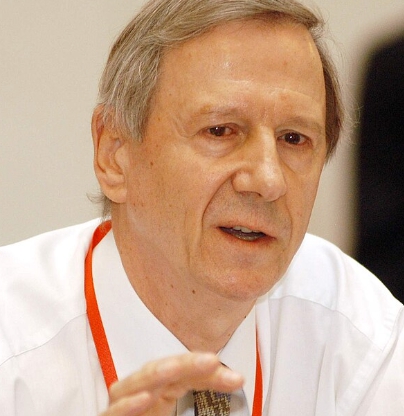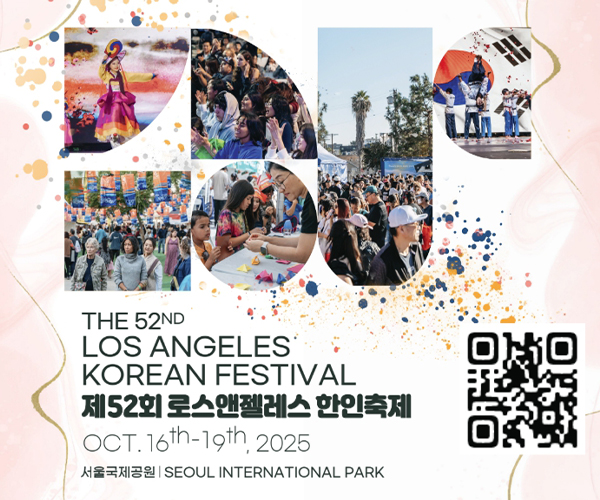

Socialists more or less concur that the economy must be organized in a way that promotes equality, reduces exploitation, and serves the common needs of society rather than profit maximization. Although there are obvious divergences between revolutionary socialists, social democrats, and third-way thinkers regarding the level of state control or market participation, these directions are bound together by the inequalities caused by free-market capitalism. Thus, even though there are mismatches, socialists generally concur on the goals and values that inform their economic policies. Social democratic and revolutionary socialists share key points in common regarding the economy, namely their support for equality, objection to laissez-faire capitalism, and advocacy of economic intervention in support of community goals.
Karl Marx, in The Communist Manifesto (1848), condemned capitalism as a system rooted in the “exploitation of the many by the few,” pleading for its complete abolition through revolution. He envisioned a communist economy based on common ownership, with production guided by need rather than profit. Similarly, social democrat Anthony Crosland was dedicated to reducing inequality. In “The Future of Socialism” (1956), he stated that the goals of socialism had shifted: “What matters is not the ownership of the means of production, but the degree of equality in society.” Crosland believed in a mixed economy, tax progressivity, and comprehensive welfare provision in order to keep capitalism at bay rather than eradicate it. This is the ideological convergence both intellectuals perceive regarding economic justice and redistribution as fundamental to socialism. Thus, revolutionary and social democratic socialists concur to a significant degree on the moral role of the economy and that it has to put the priorities of equality, social welfare, and the common good above profit and private appropriation. In contrast, Third Way thinkers like Anthony Giddens differ sharply from revolutionary socialists both in their understanding of the nature of capitalism and the state.

<Yena Lily Lee Student Reporter>Orange County School of TheArts yenalee530@gmail.com







